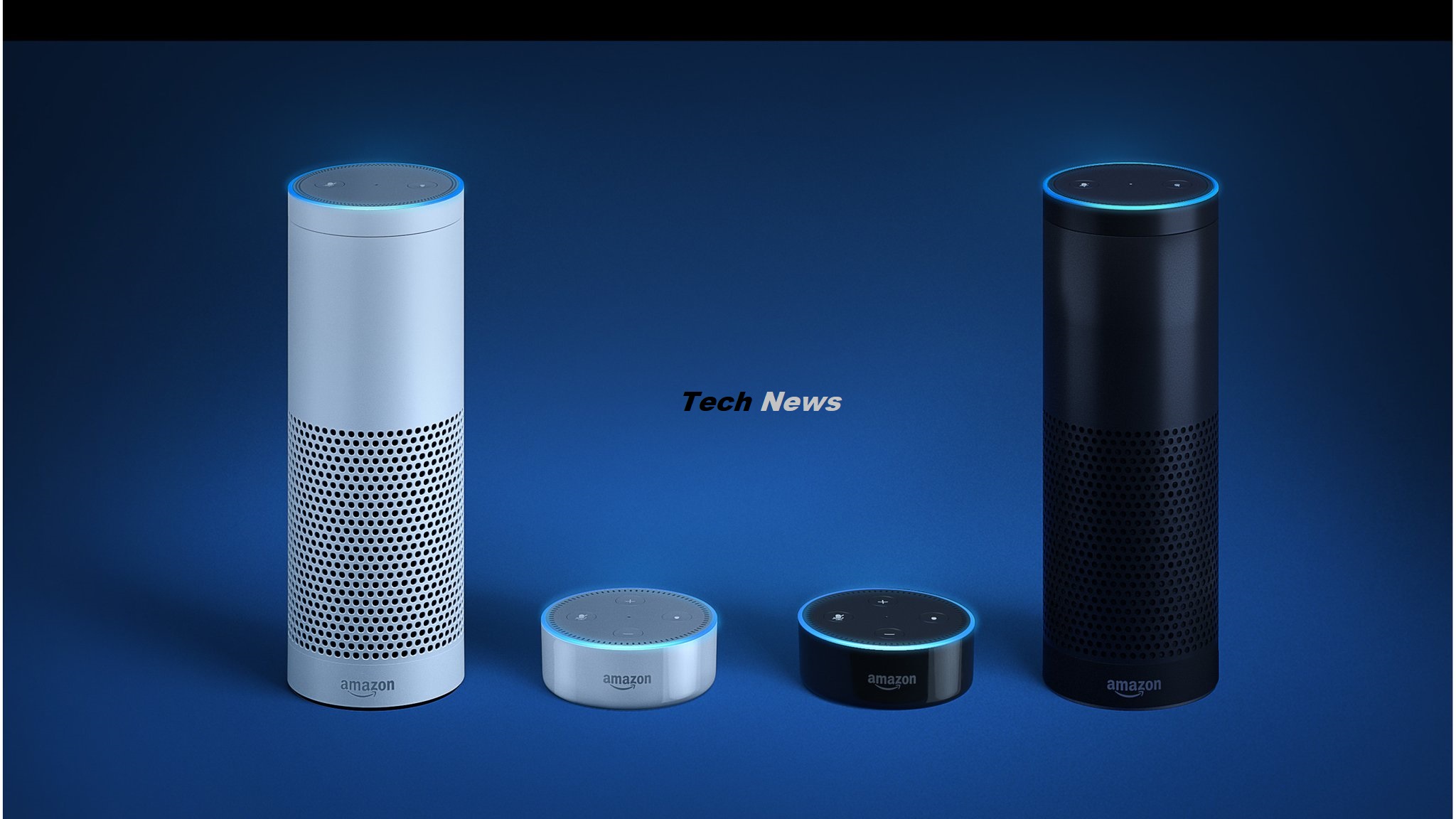According to researchers at four American universities, Amazon and third-party services are using smart speaker interaction data for advertising purposes, in violation of privacy commitments.
Experts from the University of Washington, University of California-Davis, University of California-Irvine, and Northeastern University say that "Amazon processes voice data to gauge consumer interest and target it on platforms. Used to serve past ads (eco devices) and beyond. " -Web platform).
Researchers, Omar Iqbal, Pune Nikha Bahrami, Rahmani Tremananda, Hao Kiwi, Alexander Gamro Gerido, Daniel Dobos, David Choffins, Athena Marcopolo, Francesca Rosner, Zubair Shafiq, are reporting their results on "Your Echoes: Tracking" Explain in an article from Profiling in Amazon's smart speaker ecosystem, and ad targeting. "
Ten educators say that SmartSpeaker interaction - which means you talk to the device - drives ad auction bids from advertisers, which is 30 times more than bids without Amazon speaker data. In addition, he says, the way Amazon and Skills developers (software developers integrated with Amazon's Alexa Voice Assistant service) work often does not comply with privacy policies.

This should come as no surprise to you. Either way, the document provides a technical dive and in-depth analysis of how Amazon, Echo Devices, Alexa, and Advertising are connected.
To understand how developers at Amazon and Skills handle audio data, scientists created an auditing framework to gauge how voice data is collected, used and shared. They do so because Amazon Echo Smart Speakers do not provide an interface for evaluating how data is being used, and there is no way to understand what is being sent over the Internet. What happens to the smart speaker data?
The researchers then created several fake personalities with profiles using different smart speakers and then created simulations to test the statistical differences in the amount of bids for audio and web ads. Thus, they claim that they were able to gauge the effect of the interaction of the smart speaker with the built-in ones.
Technically, configure a custom Raspberry Pi router to register connected networks and points through Amazon Echo in the audit framework, and configure the Alexa Voice service SDK to capture unencrypted network traffic. This includes imitating Amazon Echo.
This hardware and software setup was used to issue voice commands to Amazon Echo to see how the data was used for audio ads (via Amazon Music, Spotify and Pandora). To show ads on the web (people using the Amazon account are registered. Browser and Alexa Web Companion App) and on non-Echo devices.
Fake figures were created to install and interact with skills related to their respective interests. These include: Connected Car, Dating, Fashion & Style, Pets & Animals, Religion & Spirituality, Smart Home, Wine & Beverage, Health & Fitness, and Navigation & Trip Planners.
Researchers say echo interaction data is collected through both Amazon and third parties, and Amazon shares user data with 41 advertising partners. They say data-driven advertising targets 30 times more advertising bids, and that Amazon's assessment of advertising data-driven interests is a clear violation of privacy policy and statements.
Researchers say that more than 70% of Skills do not mention Alexa or Amazon, and only 2.2% specify data collection methods in their privacy policies.

Transparency
Assessing the advertising interests of Amazon through the voice of consumers is a clear violation of its policies and public statements, "the researchers say in their article. Protect consumer privacy."
The document also states that Amazon was granted a patent in 2018 entitled "Voice-based assessment of consumers' physical and emotional characteristics", which specifies how the user's "current physical and / or physical Emotional state can facilitate the ability to provide highly specific audio content, such as audio ad promotions, to the user.
Asked to comment, an Amazon spokesman disagreed on some of the document's findings, without elaborating. "Many of the findings in this study are based on erroneous inferences or speculations from authors, and do not accurately reflect how Alexa works," the spokesman told The Register in an emailed statement.
Omar Iqbal, a postdoctoral researcher at the University of Washington and lead author of the dissertation, replied: "This is a broad statement with no concrete details."
Asked to provide details, Amazon said about 30x the bid price change: "Advertising auction prices are affected by a number of factors that are not related to voice requests or Alexa's interactions." Amazon also defended its compliance with privacy policy.
Amazon also insisted it did not sell the data which the newspaper did not accuse. The US company said, We are not in the business of selling data and we do not share Alexa's requests with ad networks.






Comments
Post a Comment